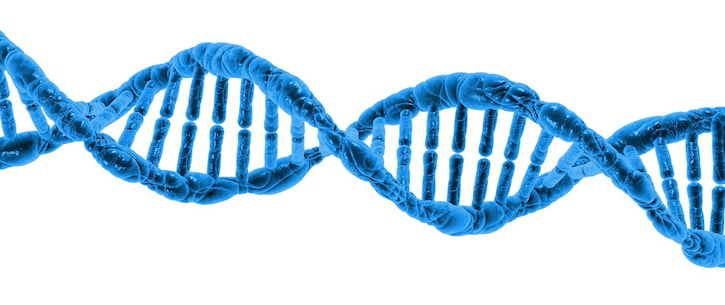LunaPBC Raises $4.6M for SEC-Recognized Community-Owned Genomic Health Data Platform
The tech allows individuals to share their health data and receive ownership shares in the organization

LunaPBC today announced the close of a $4.6 million funding round for its community-owned genomic and health data platform, LunaDNA.
Funding will be used to accelerate research partnerships, onboard new partners such as Genetic Alliance and expand LunaPBC’s development and marketing teams, according to the company.
Through LunaDNA, any individual can join the community, share their health data and receive ownership shares in the platform. In December 2018, the platform received qualification from the U.S. Securities and Exchange Commission to recognize an individual’s genomic and health data as currency.
“Our community ownership solution and its underlying technology provide individuals with transparency, control and data dividends,” said Bob Kain, CEO and co-founder of LunaPBC.
LunaDNA accepts DNA files from 23andMe, AncestryDNA, MyHeritage and FamilyTree DNA, as well as LunaDNA-generated health surveys. As a result of the funding, the platform will accept new information such as whole genome and exome DNA files, RNA, microbiome, electronic health records, fitness and activity trackers and smart devices.
“This new data paradigm enables a community to control their continued inclusion, learn about studies undertaken within the database, celebrate discoveries and participate in financial rewards that come from commercial partnerships,” said Kain.
Genetic Alliance, a new partner of LunaPBC, is leveraging LunaDNA’s data model for its 45 disease communities that represent more than 50,000 patients. The new round of funding will provide individuals with more resources to support their health management and advance research opportunities.
Investors include ARCH Venture Partners, Bain Capital Ventures, F-Prime Capital, Illumina Ventures and Osage University Partners.
The latest round brings the company’s total funding to $7.6 million.
As the LunaDNA platform aims to empower individuals to share their health data for medical research and to foster novel medical breakthroughs, similar efforts have been taken on across multiple public and private entities.
But most genetic testing giants, like 23andMe and Ancestry, do not pay individuals for contributing their health data to research. Yet 23andMe has a $300 million deal with GlaxoSmithKline that enables the flow of consumer genetic data to the pharmaceutical company in its pursuit to develop new drugs. Still, consumers who use these genetic tests and many others t don’t get paid for providing companies with more money and research opportunities.
But LunaDNA isn’t alone in its mission. Kind Village incentivizes consumers to share their genomic data and empower researchers.
Get the best insights in digital health directly to your inbox.
Dig Deeper
Researchers Identify Common Genes Linked with Diseases
Genomic Testing Linked to Lower Healthcare Costs in High-Risk Breast Cancer Patients
Genetic Test Detects Hundreds of Harmful Mutations in High-Risk Populations